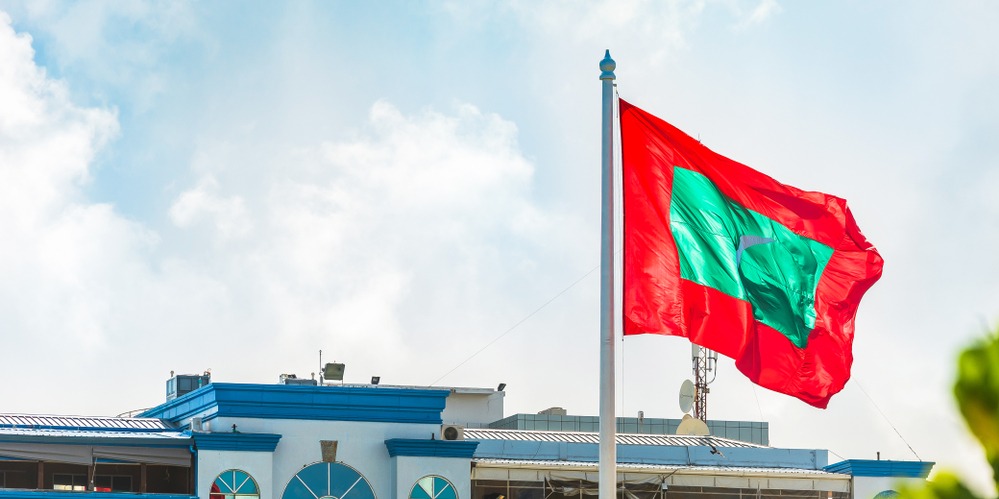To buy or not to buy? Investors divided on Maldives planned U.S. dollar sukuk
LONDON - The Republic of Maldives has hired banks to arrange a potential five-year U.S. dollar-denominated sukuk, according to a document from one of the banks.
Credit Suisse, Emirates NBD Capital, HSBC and the Islamic Corporation for the Development of the Private Sector (ICD), started fixed income investor calls on Monday (March 22).
A potential benchmark five-year U.S. dollar sukuk is set to follow, subject to market conditions, the document noted. In the hard currency sukuk market, benchmark usually refers to $500 million or above.
The sukuk will come under a $1 billion trust certificate issuance programme.
The Maldives also announced a tender offer of its outstanding $250 million 7% 2022 note for cash.
Moody’s assigned a rating of B3 for the planned sukuk issuance.
Investor calls for the sukuk are still continuing, said two people familiar with the details. They added that books are not yet open.
Investor reaction to the deal is mixed for reasons primarily related to the sovereign’s credit profile.
“We have not held the Republic of Maldives bond in any of our portfolios previously and are unlikely to invest in the new [sukuk] issue, said a Dubai-based portfolio manager.
“Credit concerns, heightened corruption risk and poor secondary market liquidity is enough to keep us away from this issue," he added.
The Maldives improved on the widely-referenced global Corruption Perceptions Index by Transparency International, climbing 14 points to rank 75th out of 180 countries in 2020 from 130th in 2019.
"From a pricing perspective, I am not sure why the sukuk would price with a single digit yield when the 2026 [conventional] bond appears to be trading at a deep discount and yielding circa 11.5%.”
A second Dubai-based portfolio manager described the deal as "a tough credit".
“The dependency on tourism and requirement for capital spending are the main issues – both of which will be tough to navigate for the new year or two,” he said.
“They managed 2020 with the support of foreign governments and multilaterals, but needs are still relatively large for this year and the next. It’s certainly a tough credit.”
But one Kuala Lumpur-based sukuk portfolio manager said the Maldives has been one of the consistent outperformers in his benchmark.
“I guess the broader question is if we are too late to the trade,” he said. “Looks like it won’t be index eligible for the big EM indices because size is expected to be below $500 mln. Market liquidity is tough at the moment.”
Aside from the credit dynamics, the sukuk structure will not be to the approval of all investors’ Shariah boards. According to the fatwa seen by Salaam Gateway, the sukuk will take a 52% ijara and 48% murabaha structure.
“Investors need to make their own decision,” said the first portfolio manager. “The fatwa is executed by Dr. [Mohammed] Elgari who is a respected Shariah scholar however some scholars may require a max of 30% murabaha. Horses for courses.”
Other than Dr. Elgari, the fatwa was also signed off by Sheikh Nizam Yaquby, Dr. Aznan Hasan and Muhammad Taqi Usmani.
The structure of the planned sukuk adheres to the widely-accepted Standard 59 (Sale of Debt) from the Accounting and Auditing Organisation of Islamic Financial Institutions (AAOIFI).
*Three paras were inserted as updates: The para about the Maldives' improvement on the Corruption Perceptions Index, that the planned sukuk structure follows standards as set by the Accounting and Auditing Organisation of Islamic Financial Institutions (AAOIFI), and that the fatwa was signed off by a team of scholars.
© SalaamGateway.com 2021 All Rights Reserved
